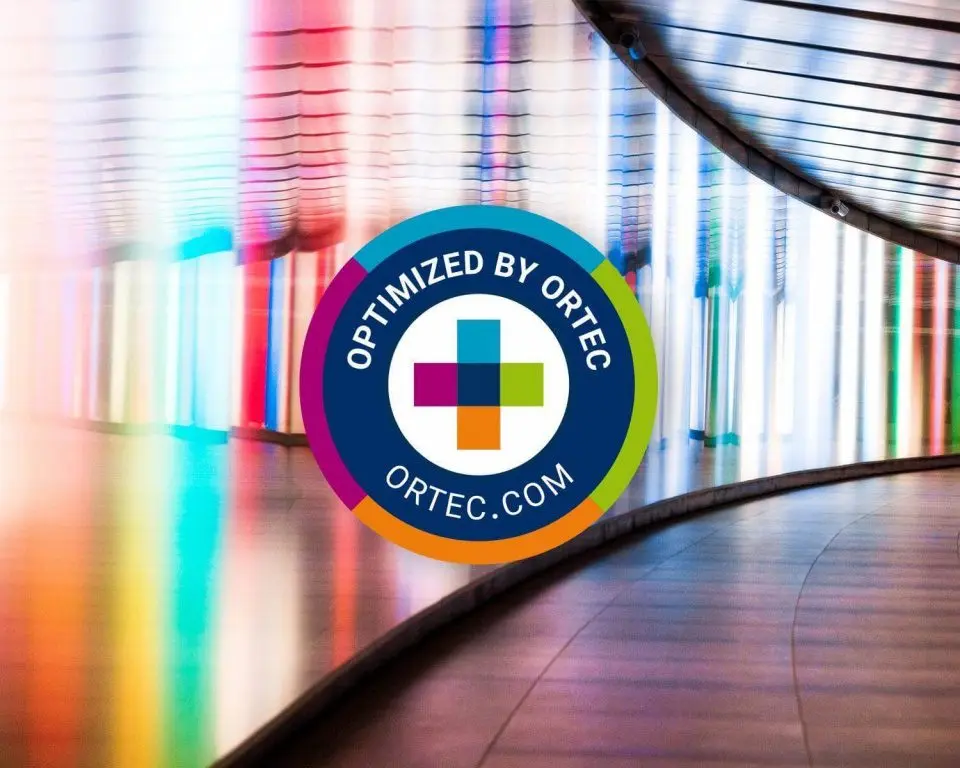Master's Thesis: Range Prediction for Electric Vehicles with Machine Learning Models
In short

Job description
Road transport accounts for 16% of global emissions and emissions in this sector are rising faster than in others. Although the need for zero emission mobility was still debated a couple or years ago, today the urgency is there. As a result, developments around the electrification of transportation are accelerating so quickly that nowadays eMobility is relevant to nearly all ORTEC’s customers. In many cases, the total cost of ownership of electric vehicles (EVs) is already lower than those of conventional internal combustion engine (ICE) vehicles, and from 2025 on many city centers are going to announce zero emission zones where emitting vehicles are not allowed.
There are still challenges to be solved though, and at ORTEC we believe that with mathematics and data we can support our customers in making the right decisions and overcome these challenges. As part of that vision, we are investigating if and how our products should be adapted to accommodate the shift.
Among the many things we do at ORTEC, vehicle routing is one of our main focus areas. Our software routes big trucks to supply distribution centers, or smaller vans that deliver groceries to your house. But with traditional ICE vehicles being replaced by EVs, that puzzle is going to look different in the future. Whereas fueling up a conventional vehicle is very quick and doesn’t very much impact operations, charging an EV takes time. Moreover, as the electric consumption of a route is not exactly known at the time of planning, there is much need for prediction methods which can accurately predict this. This may for example impact delivery shifts, or how many customers you can visit in your route.
Research questions
Over the past years we have developed a machine learning model that is able to predict the expected consumption of an electric vehicle for a planned trip. Although the model is already performing quite well, we want to further investigate which additional features can be further included in the model. Specifically, we want you to investigate how different vehicle types can be included in the model and the importance of the battery capacity with respect to prediction accuracy. Also testing different model types (Neural Networks, Gradient Boosting, …) could be included in the scope of the thesis if the student has experience with this.
Who are you
The student is expected to have a good knowledge of machine learning and experience in using Python.
You are a curious person and generally interested in the field of electric vehicles/machine learning.
You are not afraid of exploring new things.
What we offer
· Entrance to the most passionate powerhouse in applied mathematics. We share a drive to use our problem-solving skills to improve our planet, from the world at large to our own backyard.
· Inclusion in a company founded by graduate students back in 1981, which today still fosters its students by:
· Excellent supervision during your graduation project.
· Good internship allowance, laptop, and other office facilities.
· An open, kind, and fun culture.
· The Student Pool, a group that organizes all kinds of activities for graduate students at ORTEC, including Friday afternoon drinks at our own bar “ORTap” (government regulations permitting).
· Being part of the Innovation team, a young and ambitious group of people that organizes a variety of activities, both professional and for leisure.
- Good internship allowance and laptop